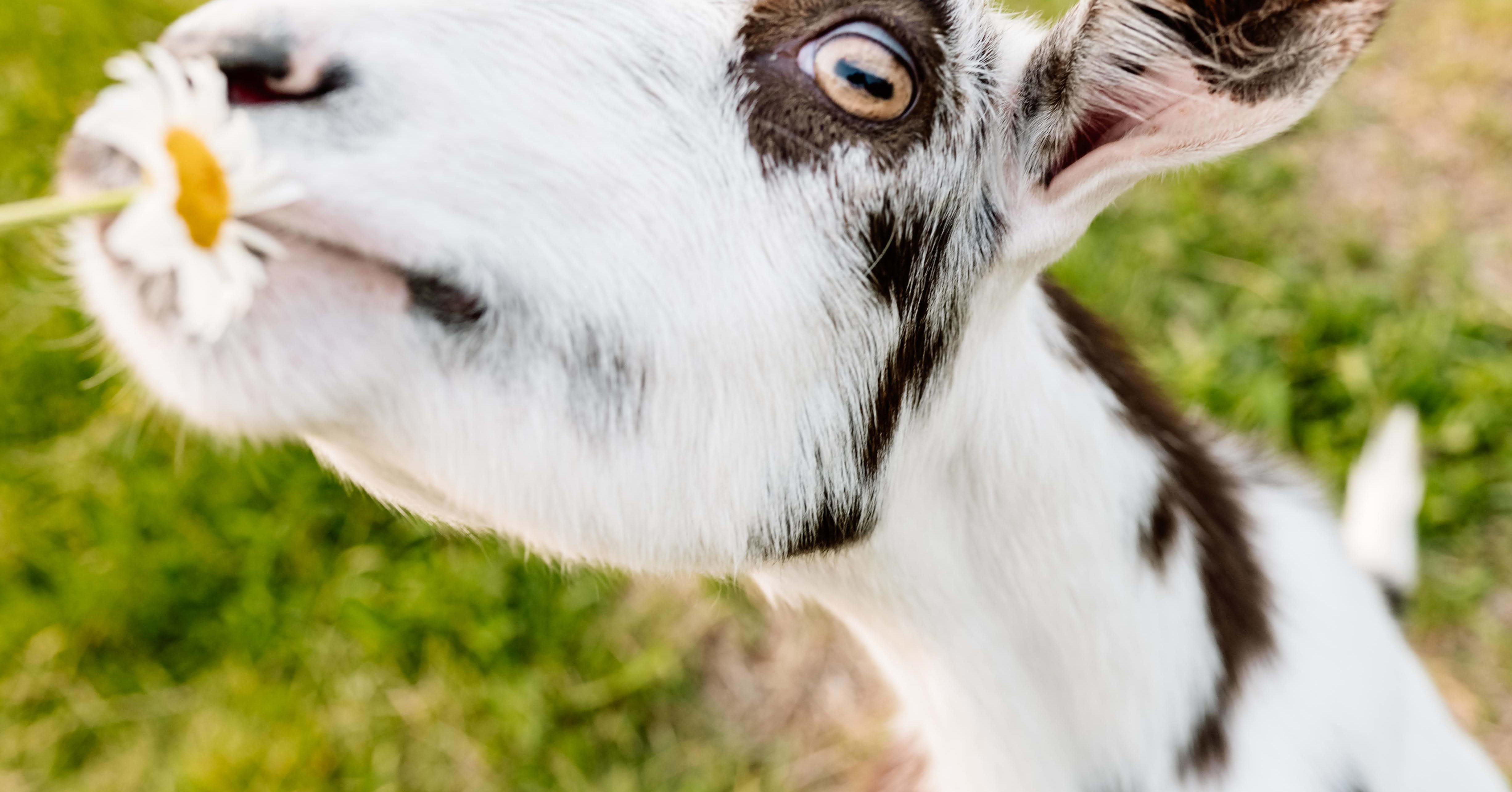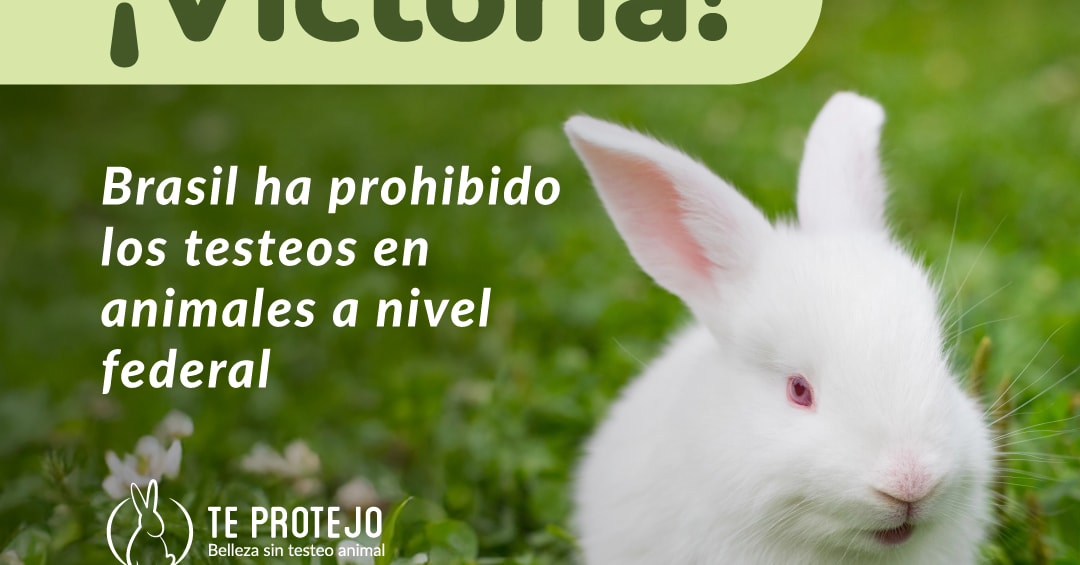The Goat Conspiracy Sanctuary (a former dairy farm transfarmed into a farmed animal sanctuary in Bloomington Indiana, whose residents include about 110 goats and 0ver 100 chickens) is seeking an Executive Director to serve as primary administrator of the farm and sanctuary. Primary responsibilities include education and outreach, administration, fundraising and recruitment of hourly staff, interns and volunteers. Animal care is primarily the responsibility of the farm manager, but the ED is also expected to understand and participate in animal care.
Mission: We care for previously farmed animals and provide care and a space where they can live out their own full meaningful lives; we connect people with farmed animals so that they can develop deeper empathy and compassion for farmed animals.
Vision: We envision a world where animals are not exploited for human consumption, fashion or entertainment; where animals are protected and can live out full meaningful and natural lives; and where humans appreciate animals simply for being who they are.
Qualifications: We are looking for someone who has strong interpersonal and communication and organizational skills. Higher education degree in Nonprofit Management (or related field) or work experience in similar field a plus. Experience caring for animals (particularly farmed animals) a plus. Must be aligned with sanctuary mission and vision.
Pay: $60-80k (commensurate with experience)
To apply, send letter of interest and resumé/cv to goatconspiracysanct@gmail.com
For more information contact us at goatconspiracysanct@gmail.com
Director’s Job Description The Goat Conspiracy Sanctuary
This position is to oversee farm and sanctuary
- Outreach:
- Work with media outlets to raise visibility of sanctuary and mission
- Design and plan infographics and other educational resources on the farm
- Find ways to bring visitors to the sanctuary or bring the message to others (visits to schools, nursing homes, etc.)
- Keep webpage updated
- Maintain a positive presence on social media
- Collaborate with other non-profits
- Network and attend events out in the community
- Seek out professional development and further education opportunities for self and staff
- Events
- Create, plan, promote, and execute all events, including corresponding with attendees and hires involved; pay hires for events (contract workers, tour guides, yoga instructors, etc.)
- Fundraising and Development
- Cultivate and maintain donor relationships
- Track donors through donor management software
- Set fundraising goals for events and track results
- Identify and apply for funding opportunities
- Manage
- Develop diversified revenue streams
- Administration:
- Maintain and update Quickbooks
- Keep track of revenues and expenses
- Create, alter, and obtain approval for general operating, project, and event budgets
- Communicate with tax accountant and attorney as necessary
- Payroll; approve and make purchases
- Complete any insurance or government paperwork
- Animal and Farm Care:
- Lead animal care shifts on the two days a week farm manager is not scheduled.
- Participate in barn cleaning, hay baling and other one-off events
- Manage:
- Hire, train, offer constructive feedback for all staff (including annual review of Farm Manager), interns and volunteers
- Report to board regarding staff performance
- Recruit and onboard interns and volunteers. (Farm Manager trains and supervises interns and volunteers
- Communication
- Attend Board meetings and give regular updates to Board, including staff needs, state of the sanctuary, and any recommendations about sanctuary potential improvements
- Participate in all Board committees
- Provide timely and relevant communication to staff
- Other
- And other tasks as needed or recommended by Board



